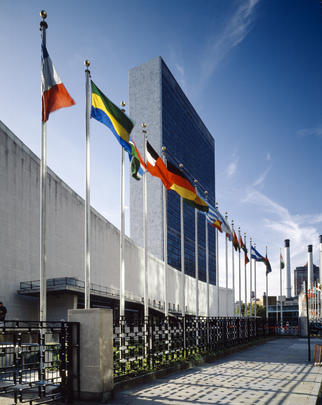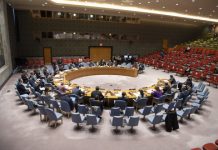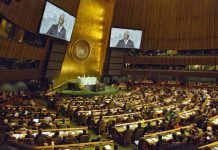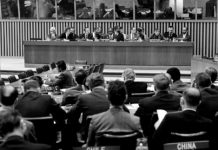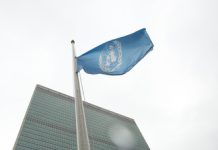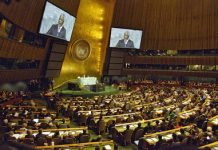The UN Environment Programme (UNEP) has reported significant progress in talks this week in Ottawa to draw up the world’s first treaty curbing plastic pollution next year.
Jyoti Mathur-Filipp: There is a huge problem of plastic pollution. It is there in our oceans, in our rivers, in our terrestrial environment. When we go for a walk on a beach or when we go for a walk in the forest, in any ecosystem there is plastic. So, countries and members of the UN came together to decide that they must take action on ending plastic pollution. Thus, it is a very important treaty, very important step that we are taking towards that and we have been given a very ambitious timeline for it.
UN News: What has been done over the week of talks in Ottawa within the fourth round of intergovernmental negotiations? Are you satisfied with the progress?
Jyoti Mathur-Filipp: I think it’s been very hard work, but members of the Committee have shown flexibility and tackled hard issues and started actually negotiating a text. All parts of the text were negotiated, had intense discussions around them.
Pace is different at all sections, but we expected that. This week we went from a very difficult revised draft to a text which reflected all Members’ views and now has started seeing streamlining. We are exactly where we need to be.
UN News: Member States have agreed to continue the work in the period between now and the next session. What is intersessional work? Another arrangement attained is to establish a legal drafting group at the next session, which is to take place in November in Busan in the Republic of Korea. What will be the objective of that group?
Jyoti Mathur-Filipp: The intersessional work will take some parts of the text that need more thinking, more information which the Members feel they need to finalise the instrument in Busan. We will start this work as a combination of webinars and in-person meetings.
So, the legal drafting group will start its work at the beginning of INC-5 to ensure that whatever text is agreed is put into legal language, which is required for a treaty or an instrument in the United Nations.
UN News: What is the role of the Secretariat in this process led by the Member States?
Jyoti Mathur-Filipp: Our role as the Secretariat is to organise meetings, provide documentation as needed, and any support that Members and the Chair need – to ensure that this process carries forward to a good end.
UN News: When is this plastic pollution treaty expected to be ready for signing?
Jyoti Mathur-Filipp: The United Nations Environment Assembly, in its extremely ambitious timeline, requested the UNEP Executive Director to organise a diplomatic conference of plenipotentiaries in the middle of 2025, and that is where the instrument will be signed.
Source of original article: United Nations (news.un.org). Photo credit: UN. The content of this article does not necessarily reflect the views or opinion of Global Diaspora News (www.globaldiasporanews.com).
To submit your press release: (https://www.globaldiasporanews.com/pr).
To advertise on Global Diaspora News: (www.globaldiasporanews.com/ads).
Sign up to Global Diaspora News newsletter (https://www.globaldiasporanews.com/newsletter/) to start receiving updates and opportunities directly in your email inbox for free.


